Jurisprudential Disagreement and Controversy about the Constitutionality of the Law of Segregation

Jurisprudential Disagreement and Controversy about the Constitutionality of the Law of Segregation in Egypt
By: Writer Kassem Osman /LONDON
What if the parliament issued a law to isolate NDP leaders from running for presidency? Would the Military Council, which is acting as a President of the Republic approve the execution of this law or not?
In case the constitution would be approved, would it be applied retroactively by the candidates for presidency who have already presented their projects, such as Amr Moussa, Ahmed Shafiq, Omar Suleiman, .. What is the constitutionality of this law if it were really released? What if the parliament issued a law to isolate NDP leaders from running for presidency? Will the Military Council, which is acting as a President of the Republic, approve the implementation of this law or not? If approved, will it be applied retroactively to presidential candidates who have already submitted their nominations to the presidency, such as Amr Moussa, Ahmed Shafiq and Omar Suleiman, etc…What is the constitutionality of this law if it were released?
At first explains Dr. Tharwat Badawi, professor of constitutional law, in Ein Shams University that the matter does not have anything to do with competition of those who submitted their nomination to the presidency, but it is related to the abortion of the Revolution’s demands.
The Revolution has received popular support, has earned the main properties of a revolution that inevitably lead to the fall of the regime, and therefore it was necessary to realize the Revolution’s aims and to get read of the old regime’s pillars and it is still not enough to get read of the head of the regime. On the contrary, the Revolution urges the fall of all the staff and former regime leaders. Hence, the legislation of the parliament and its issue of a law to dismiss the leaders of the former regime and to deprive them of the participation in political life without the need for a court ruling as the former regime has fallen and its corruption has been proven as well as that of all the leaders who worked with the former regime, whether of ministers or members of parliament or the leaders of the dissolved National Party. As they were all, without exception, in favor of a system of corruption, they had lost the authority to hold any political office, and then the opinion which advocates the need for the issuance of any decree drops. Since all the leaders of the former regime re responsible of and participants in the corruption of the system, it is natural to deprive all these being the enemies of the revolution that the people supported by all its various factions.
We are at an earlier stage of the elections only after the issuance of the final administrative decision about either the candidate’s success, or the denial of the presentation to the election to the current candidates. We are in the process of activating the direct impact of the law as there is no retroactive effect. And apart from all of that, the Parliament has the right to decide any law as having a retroactive aspect provided that the two thirds of the Council approve it.
In this frame, Dr. Ramadan Batikh, professor of constitutional law, thinks that what has prompted the parliament to issue such legislation is the sense of danger to the revolution since some agents of the former regime have presented themselves to the elections. They have in fact no other way in front of them, but such legislation, which prohibits all who belong to the former regime of right to run for presidency. Here again, there are two questions. The first is: will this law with its ex post facto aspect be efficient, or not? The second question is: what if the military council objected to the issuance of this law?
Concerning the first query, there is no proviso in the declaration of the constitution that allows this ex post facto; yet we should know that we are before an unconstitutional announcement, which is temporary and brief by nature. So therefore, it does not come with all details that should be available in all constitutions. And here must be the realization of the general principles of the Constitution and some of which stipulate that f the Parliament has the right of the legislation for the future, then it has also the right to make its law have a retroactive effect if it is imperatively demanded by the circumstances of the revolution and maintain the grounds that it embodies an element of the national security of the community. And this also applies to the objection of the military junta; it can also stand in the face of the issuance of such a law, especially as the text in the declaration of the constitution about this objection did not specify the kind of this objection. Is it temporary or absolute? It is therefore the right of Parliament if the Council objected to the military to re-introduce a law again and gets a two-thirds majority to approve it. Here, we do not need it to be issued by the military junta, but becomes effective once approved by Parliament. And if ever any of the excluded candidates from the presidential elections wants to object, this is not allowed in accordance with the rule N° 28 of the Constitutional Declaration.
Dr. Hamdi Abdel-Rahman, professor of law n Ein Shams, explains that the subject of the issuance of a political isolation law of the candidates presenting themselves to the presidential elections was intended to block Omar Suleiman, but after closing the door to run for the candidature, which is not permissible nor moral; the run to presidency did not benefit a specific individual and did not specify a particular one and this is not democratic. The matter, however, is within the hands of people, and the say of people that chooses and determines who will be the next President of the Republic. It is necessary to eliminate completely the idea of the fact that it is the freedom of the majority that controls the issue of the basics of freedom and the majority. In other words, to control your enemies and this is unconstitutional and illegal.
Last but not the least, this law may not be acceptable to the Board of the Armed Forces on the grounds that it runs the affairs of the country and protects it for a specified period, which will end on June 30th. In fact, since 1952, people are living under the regime an individual, authoritarian and non-democratic regime till Revolution of Jan. 25th came by the end of the regime of Mubarak. Dr. Mahmud Kabish, Dean of Faculty of Law in Cairo, said: “This is an absolute absurd; this law is unconstitutional because such law opposes many of the constitutional principles, including the principle of equality and non-retroactivity of penal provisions to the past, and the principle of generality and abstraction because it is against democracy. In political terms, it is illogical that after the revolution some are still to be the guardian of this people, which is supposed to be rational and able to choose to whom He refuses as well as to whom He pleases. And that is leads them to the Democratic necessity, and it could disrupt the process of building the state. And perhaps, the potential delay and postponement of the electoral process or even return it and go back to the zero point.



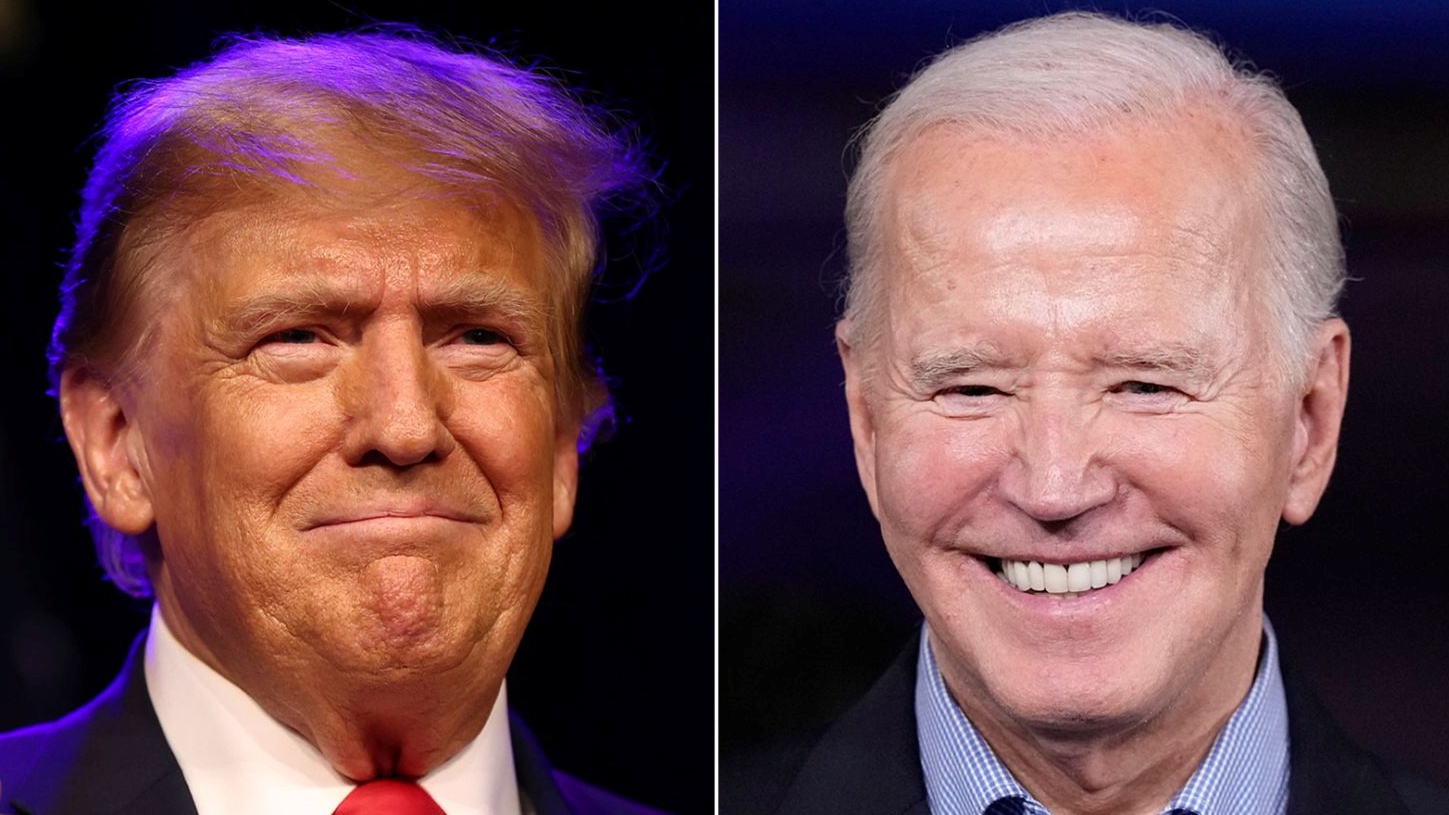

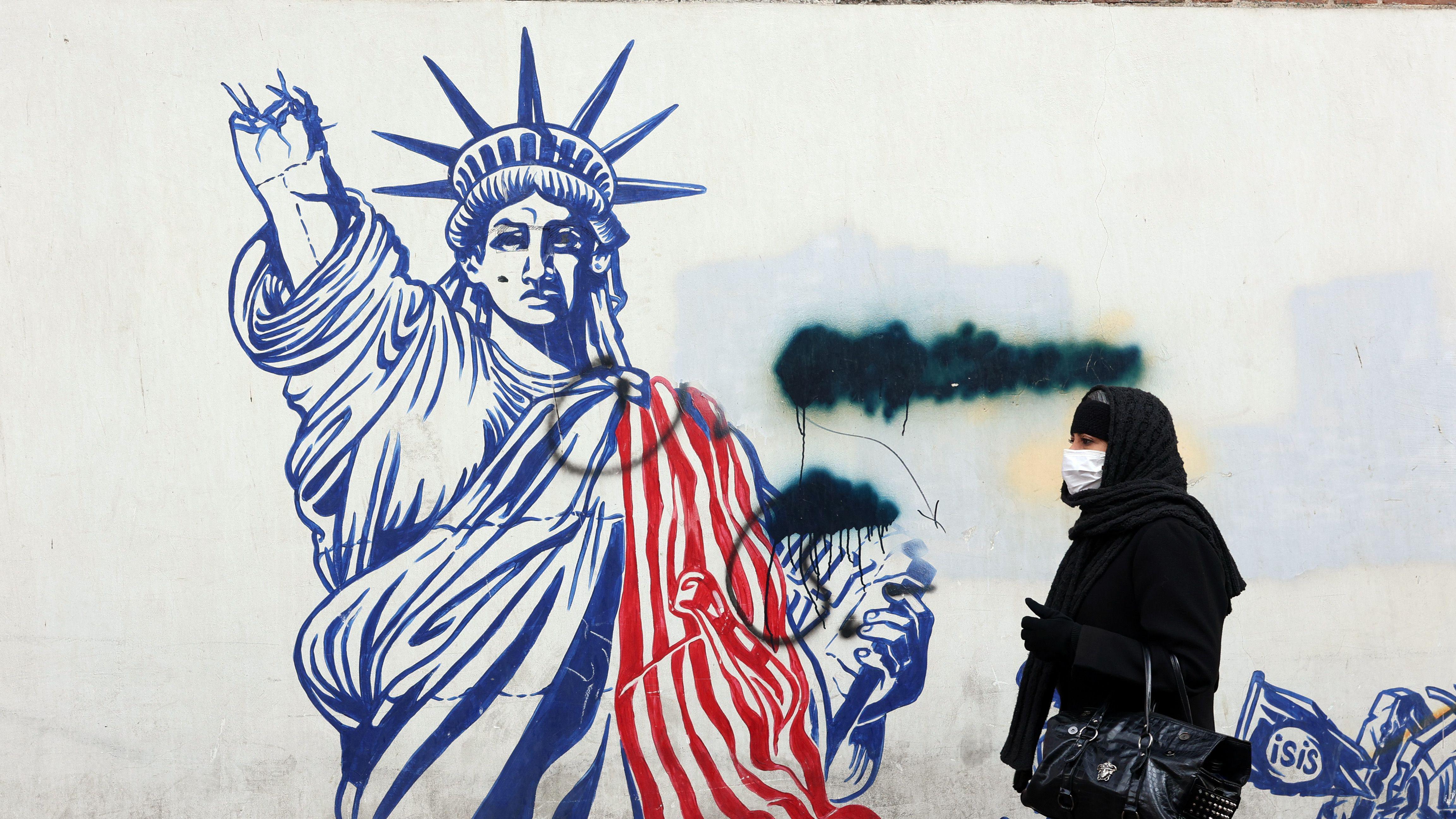
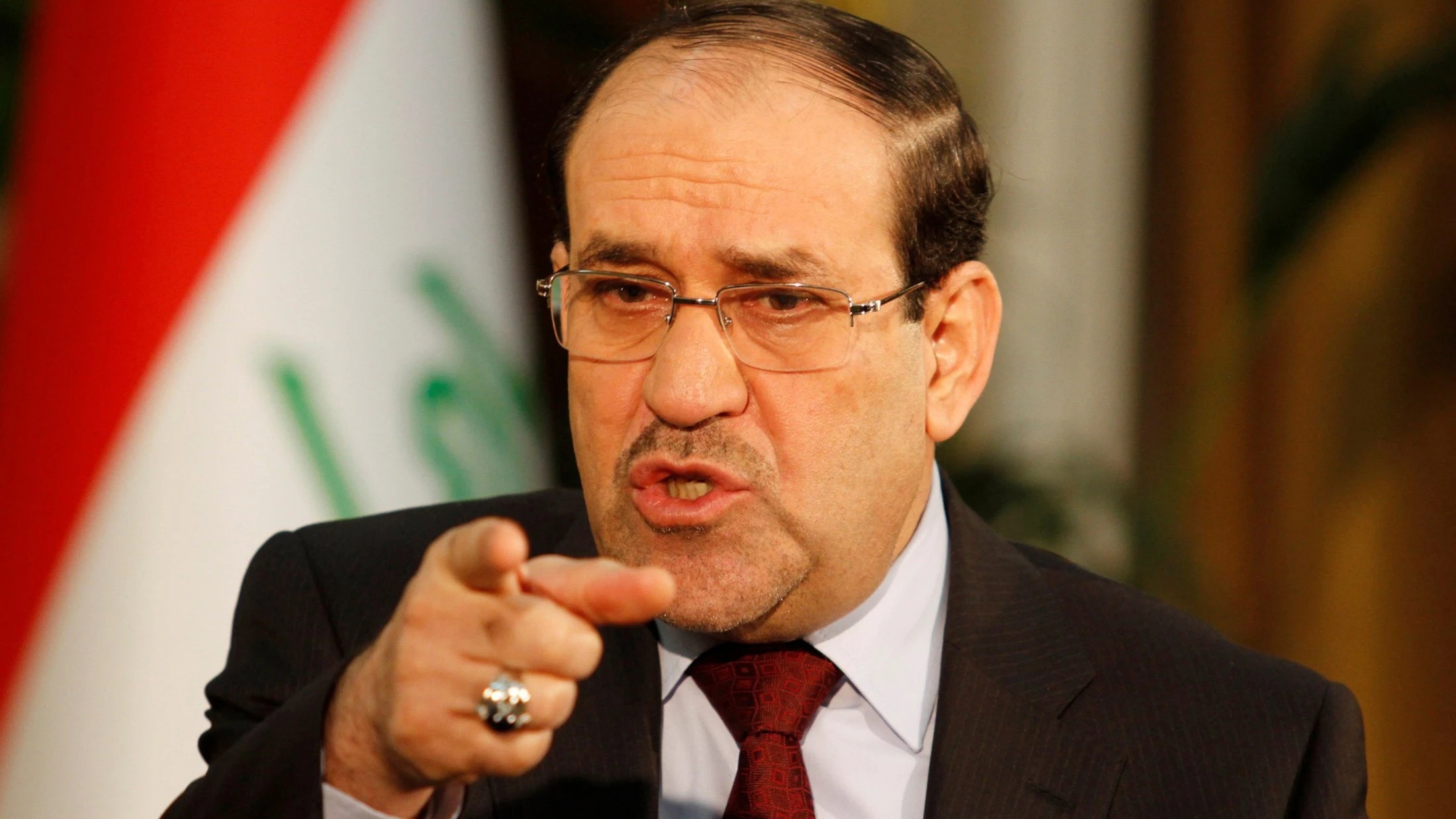
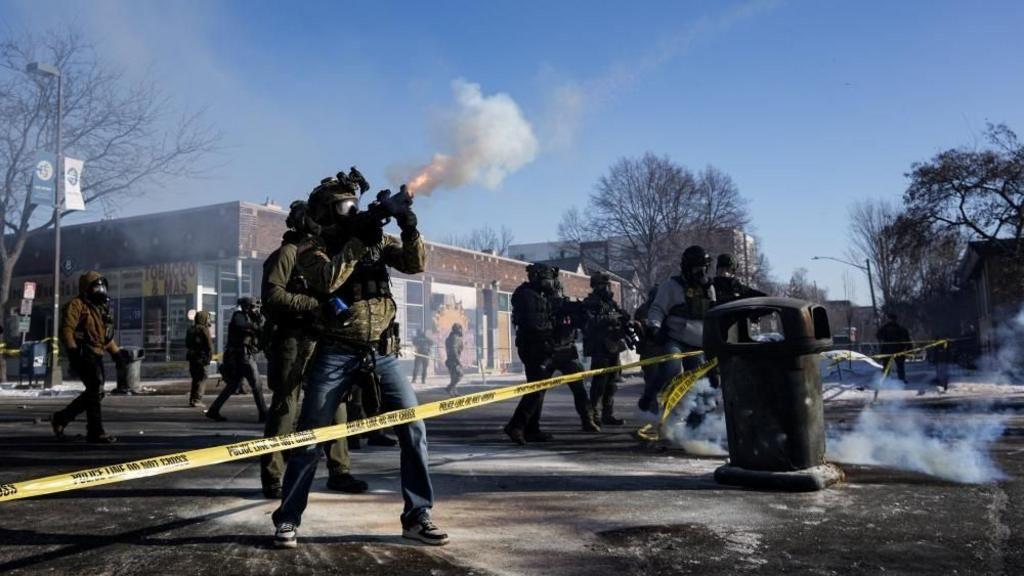
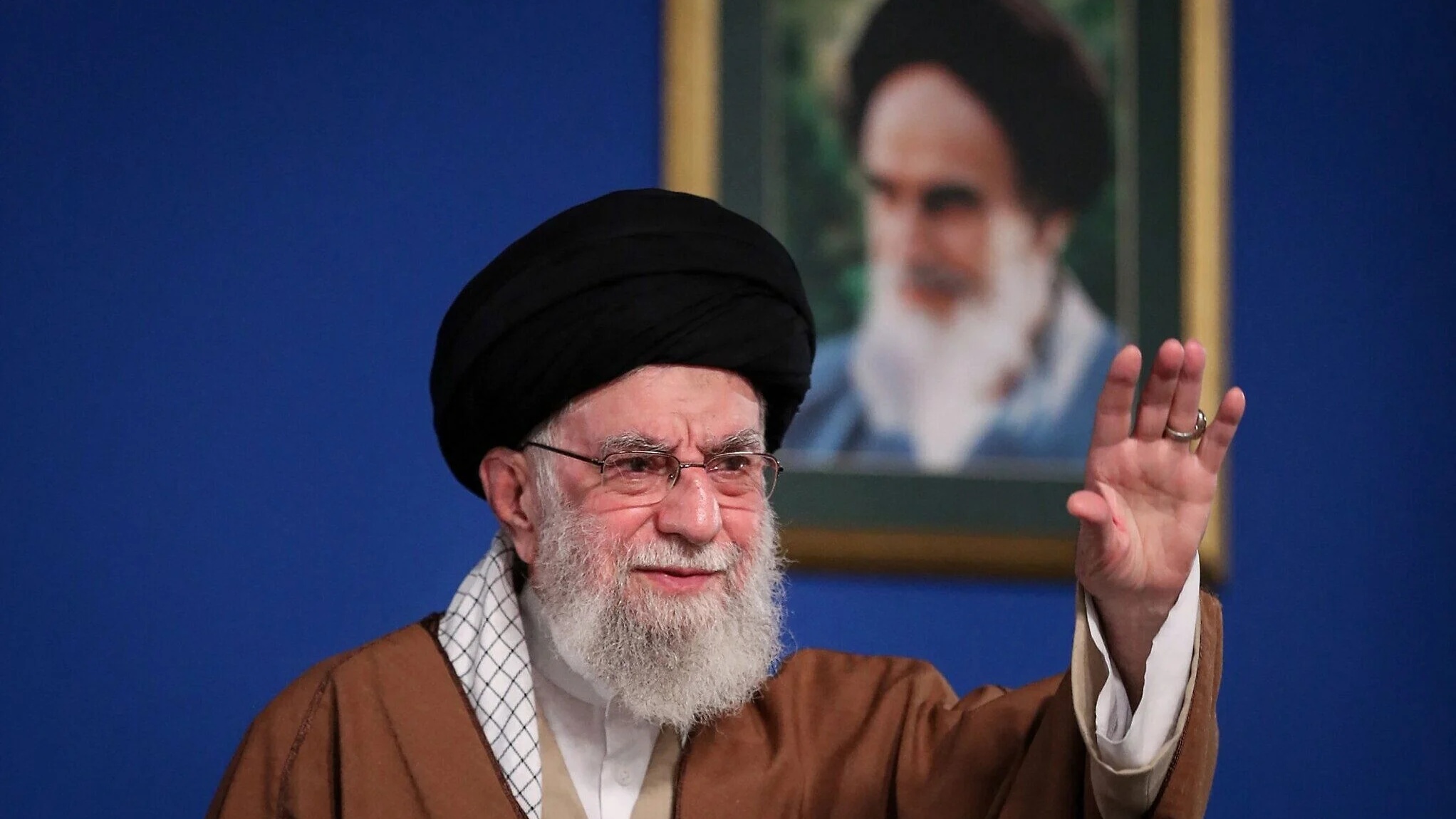
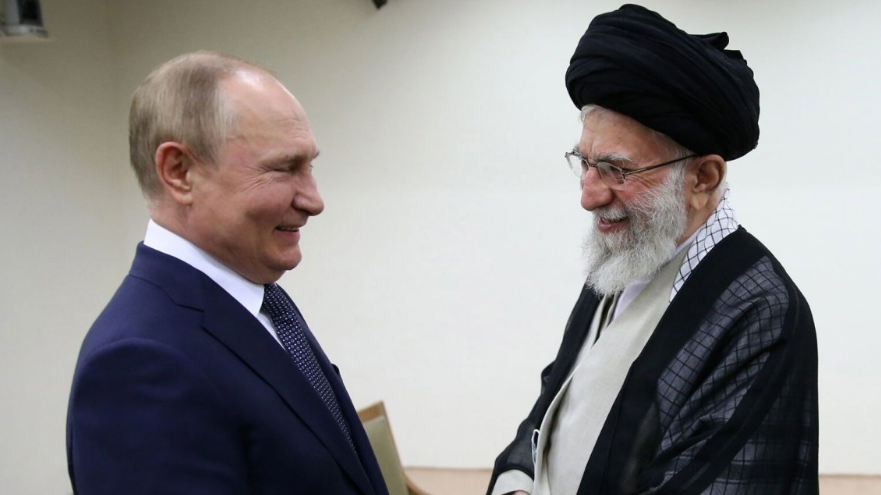
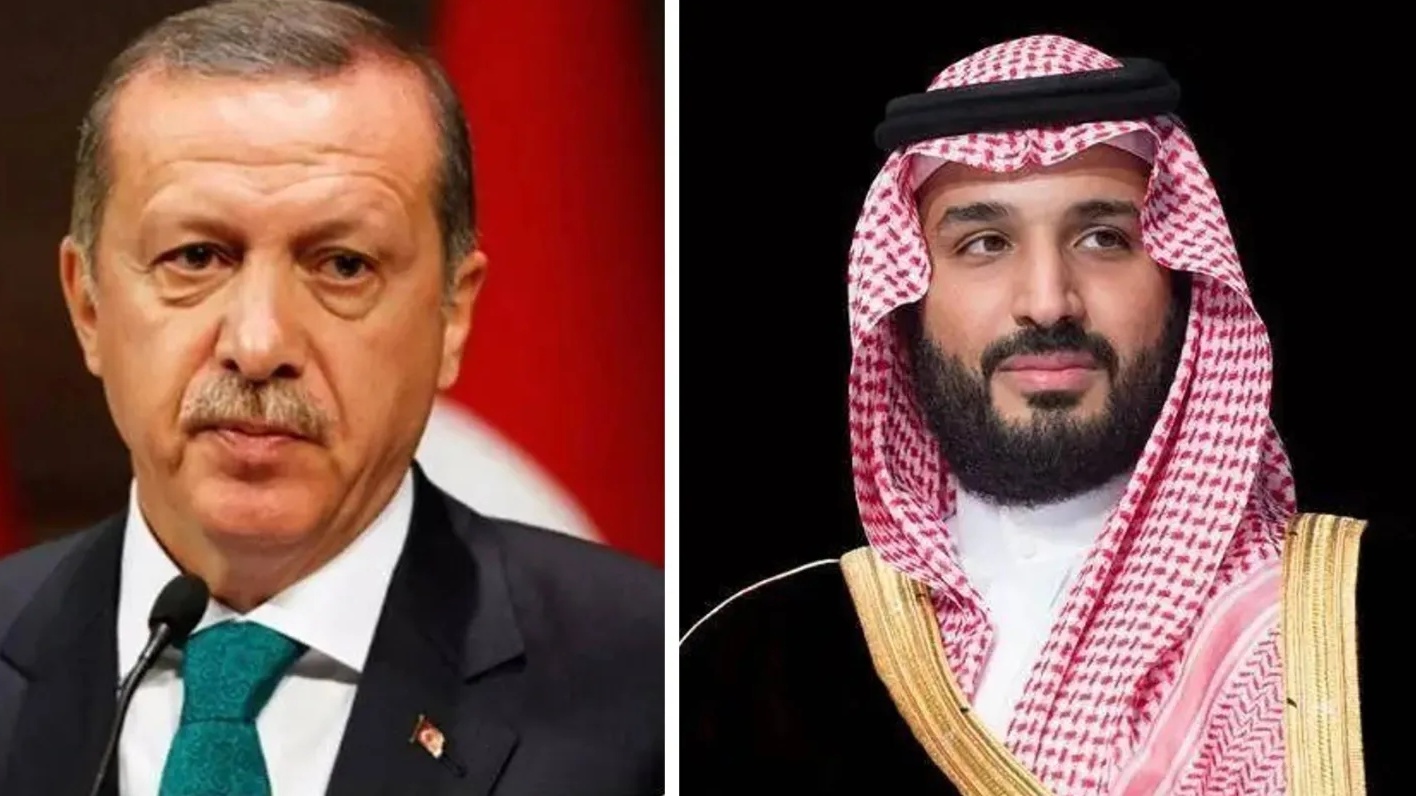
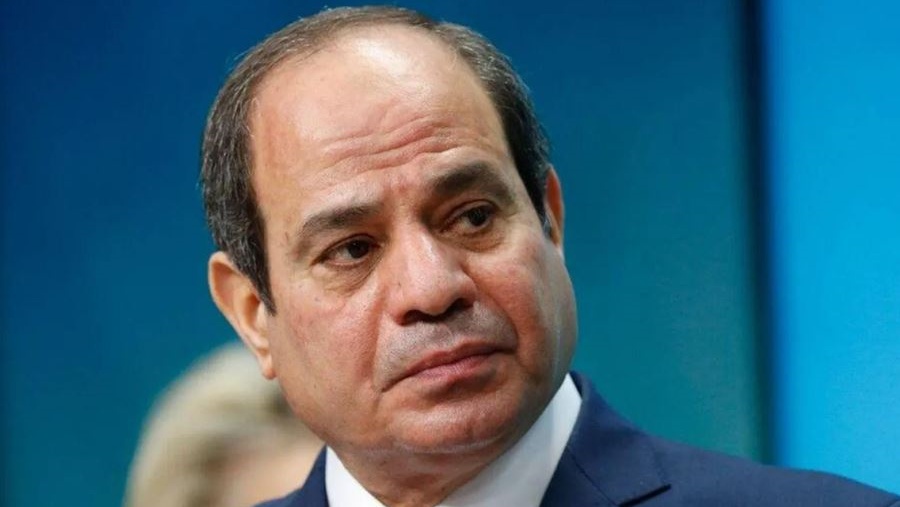








التعليقات (0)